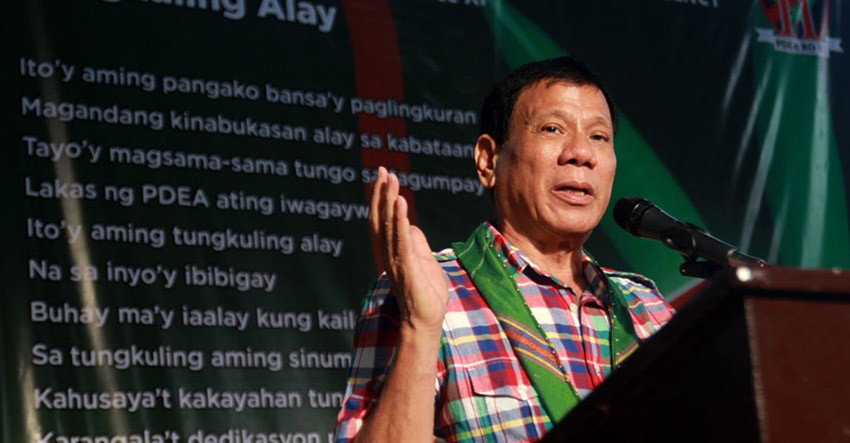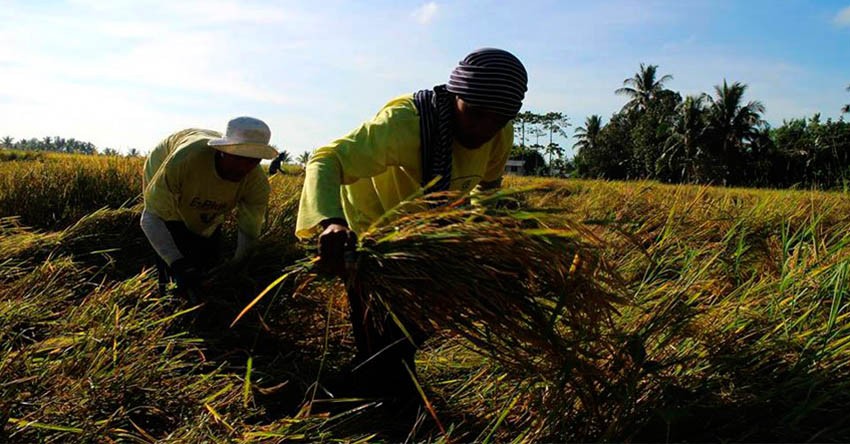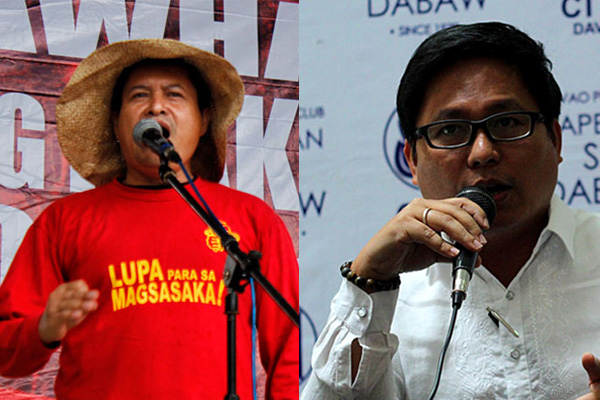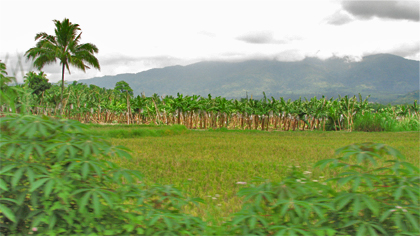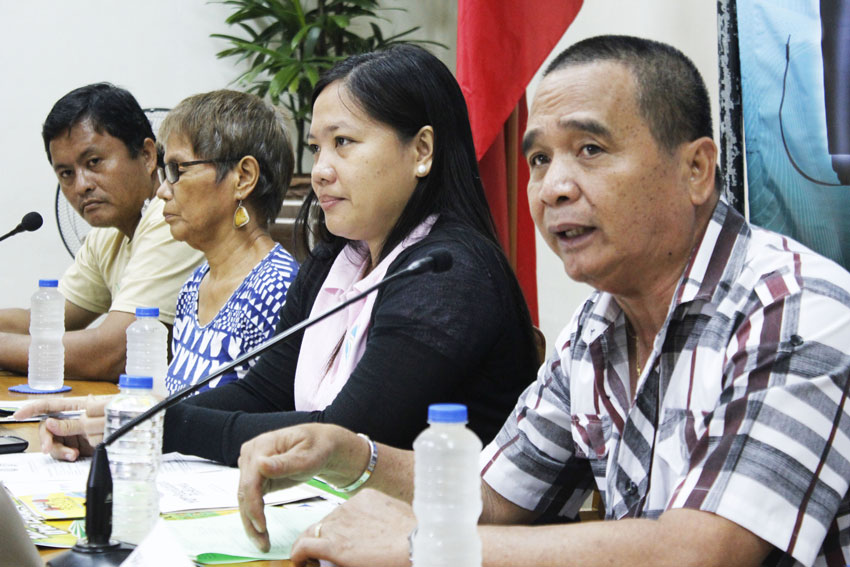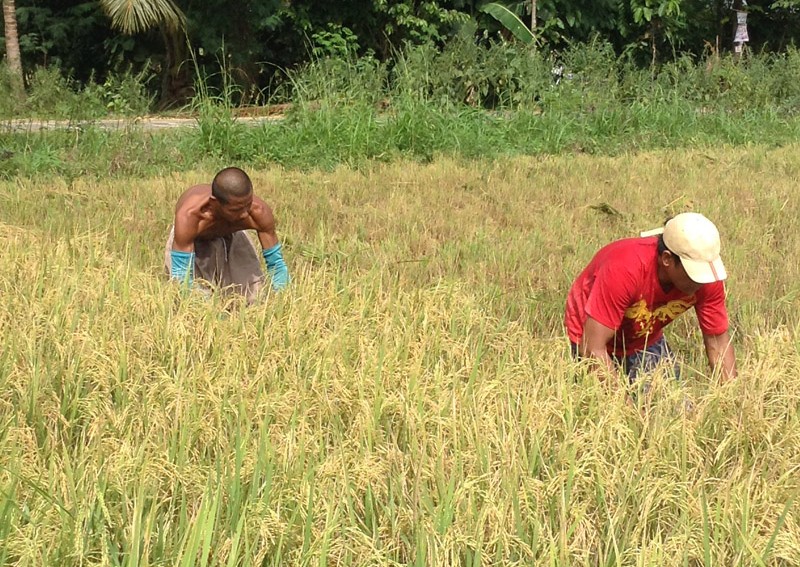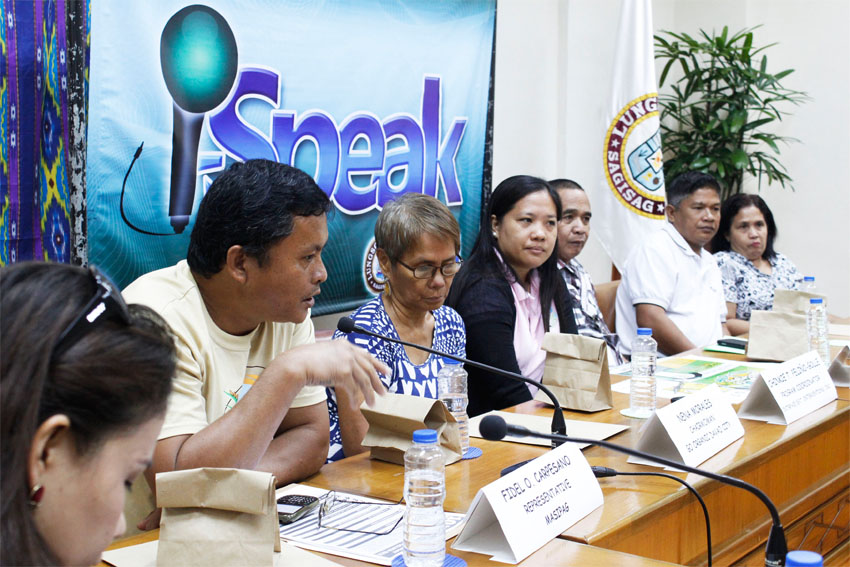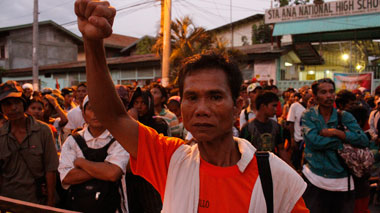City Mayor Rodrigo Duterte during his program Sunday, warned fake rice importers to stop importing products that may harm the consumers.
The palm oil industry has “broken its promise” for 30 years of being in the Philippines, said groups in a statement after they recently held an oil palm conference here.
Should the long dry spell caused by the El Niño phenomenon continue, it will affect at least 7,000 hectares of crops and 11,000 farmers in the city, the City agriculturist here said.
The Mindanao Development Authority (MinDA) exspressed optimism of a “better-shaped” Mindanao this year based on the island’s remarkable economic growth last year.
The Philippine Palm Oil Development Council wants government to support its road map of developing 300,000 hectares for oil palm in the next ten years with Mindanao as a main investment area.
“When we complained, they told us that every company has its own policies,” he said
Rocelio Tabay, head of the Davao City Technical Committee on Organic Agriculture, expresses his support for the celebration of World Food Day in the city which highlights family farming and its role in achieving food security. This year’s World Food Day celebration carries the theme “Family Farming: Feeding the World, Caring for the Earth”. (Medel V. Hernani/davaotoday.com)
Advocates of organic farming believe that sustaining family farms can help achieve food security.
Speaking before media during iSpeak forum Thursday, MASIPAG Representative Fidel O. Carpesano says that some rice traders tend to mix cheap rice, which are heavily bombarded with pesticides, to locally produced and organic rice leaving consumers unsure of food safety. (Medel V. Hernani/davaotoday.com
Survivors of Typhoon Pablo doubted that the government’s plan to shift to planting palm oil from coconut trees in Davao Oriental will help them recover from the 2012 disaster, saying it will only “intensify land-grabbing” of their farm and ancestral lands.

